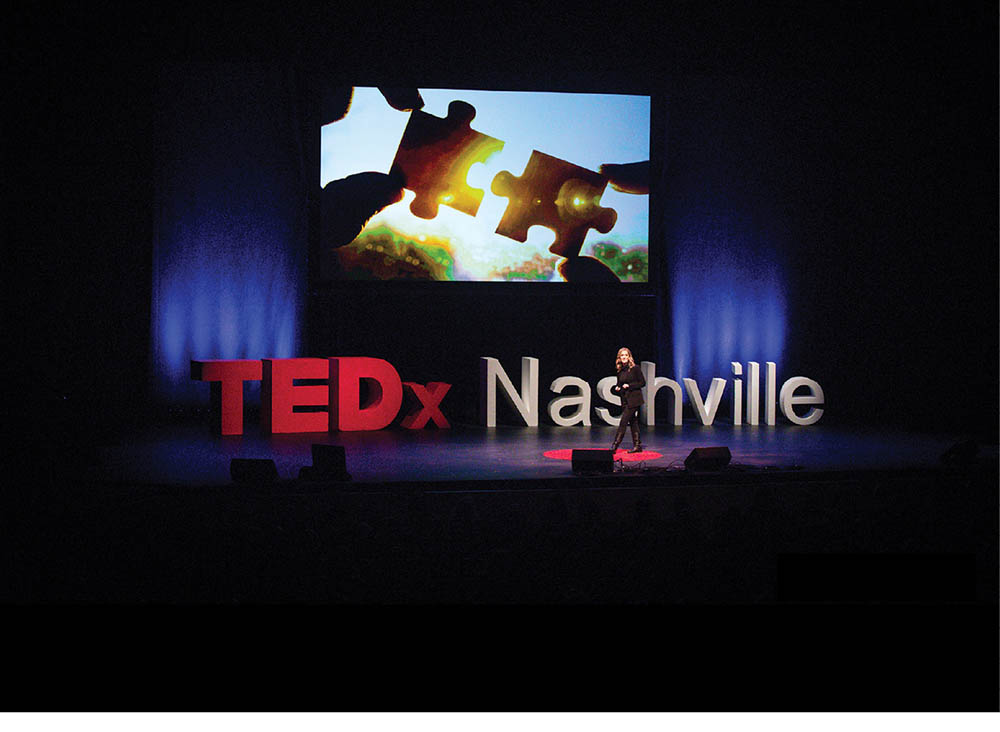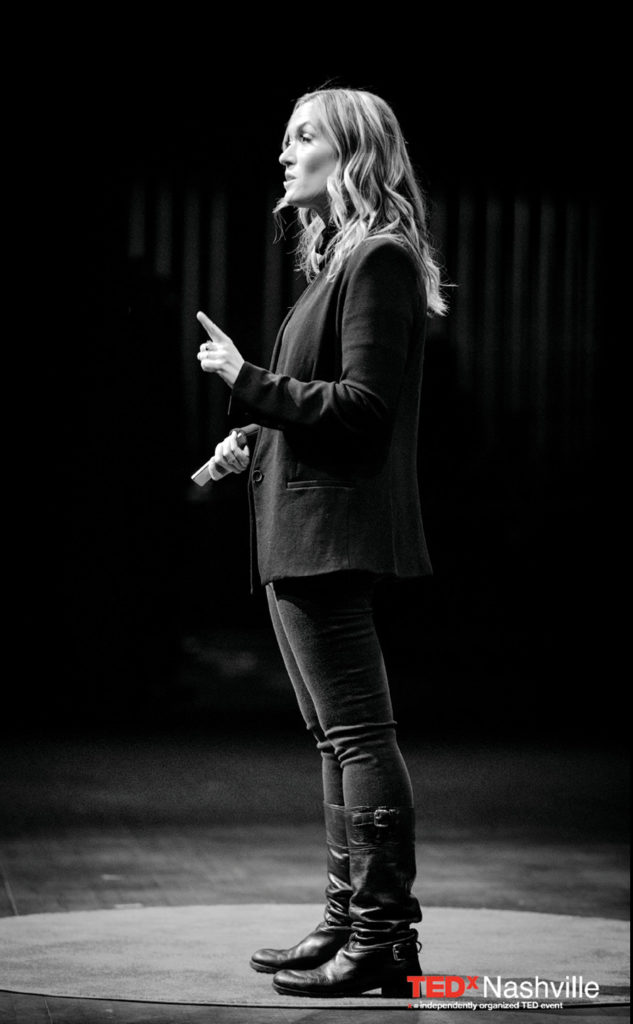
After I graduated from Yale and took a job at the Kellogg School of Management at Northwestern in 2009, I kept noticing that even though we all have access to so much, many people, myself included, frequently talk about their lives as if they are experiencing scarcity. There are two common types of scarcity that frequently come up in conversation.
First, there is objective scarcity, which means you are actually running out of something you need. If your car is low on gas or your cellphone is low on battery life, that is objective scarcity.
Second, there is subjective scarcity, which happens when what we have is actually fine, but we still feel as if we don’t have enough.
Subjective scarcity comes from social comparisons, which have a huge influence on our belief about whether what we have is enough. We also can compare ourselves to the standards or expectations that others have for us, or even the goals that we have for ourselves. Any time we come up lacking, we are going to experience a sense of subjective scarcity.
The reason subjective scarcity is worth understanding is that today, for lots of us, subjective scarcity is increasing. Twitter, LinkedIn, Facebook and Instagram are the four horsemen of the subjective scarcity apocalypse. These platforms give us 24/7 access into all of the lives of all of the Joneses we are so desperate to keep up with.
As an academic, I felt compelled to understand how these everyday feelings of not having enough were affecting us. So I teamed up with Christopher Cannon and Caroline Roux, two doctoral students at Northwestern at the time, to write a paper offering a comprehensive summary of what behavioral research has taught us to date about how scarcity affects our thinking and our actions.

One of our most important findings was that feeling as if we don’t have enough can actually have positive consequences. We found that when we feel we don’t have enough, we can actually be more helpful and more generous with others. This was something I was inspired to test based on a unique experience that I had in my early 20s.
In 2001 I was on the television show Survivor: Africa, trying hard to look like a tough guy. Survivor is basically a human experiment about scarcity that unfolds on national television. Tens of thousands of people apply for the show, and there are only 16 spots available, so even before you get there, you’re well aware that there aren’t enough torches to go around.
Once you’re actually in the game, there’s never enough food or water, no one’s getting enough sleep, and to top it off, the biggest scarcity threat of all—there will be only one winner. Every few days someone is forcibly ejected from the game by their teammates in front of millions of viewers.
This was during Season 3 of the show. I’d watched Seasons 1 and 2 and expected all the competition and the deprivation. What I didn’t expect, and what I found most surprising, was that in the game of Survivor, people are almost painfully nice to each other. And, I should say, this is something they do a pretty good job of editing out of the final cut.
We often think about scarcity and competition as things that make us hostile, even aggressive, but that was not what happened on Survivor. People were helpful. People were nice. And I was suspicious.
One reason why people were so nice in the game of Survivor was that our personal success or failure on national television was in the hands of our teammates. Therefore, everyone was bending over backward to help each other—in an effort to save their own skin.
We were definitely experiencing scarcity, but to win we had to collaborate and build positive relationships. Our scarcity actually made us strategic and forward looking—both good things!
Years later at Northwestern, I found empirical support for this pattern of behavior. Scarcity doesn’t have to be a blunt instrument that makes us more hostile or aggressive. It’s more nuanced than that. It can make us keenly aware of returns on investment, and, accordingly, we make strategic decisions with our own best interest in mind.
This may sound like bad news to some, that scarcity increases this form of impure altruism where people are “giving to get.” But this is not bad news. I think it’s good to take care of yourself, especially if you’re in a situation where you’re experiencing a threat, like scarcity.
As Stephen Covey, the author of The Seven Habits of Highly Effective People, famously said, in the long run, if it isn’t a win for both of us, we both lose.
In reality you probably have access to most of what you need, and it can be tempting to get comfortable. But there are benefits to staying hungry, because people who feel as if they don’t have enough are best at identifying win-win opportunities, and those mutual benefits actually grow the pie. So there’s not just one winner. We all win.
Kelly Goldsmith is an associate professor of marketing at the Owen Graduate School of Management whose research examines people’s responses to uncertainty and scarcity. This piece is adapted from her 2019 TEDxNashville talk, “How to Make the Most Out of Not Having Enough.”